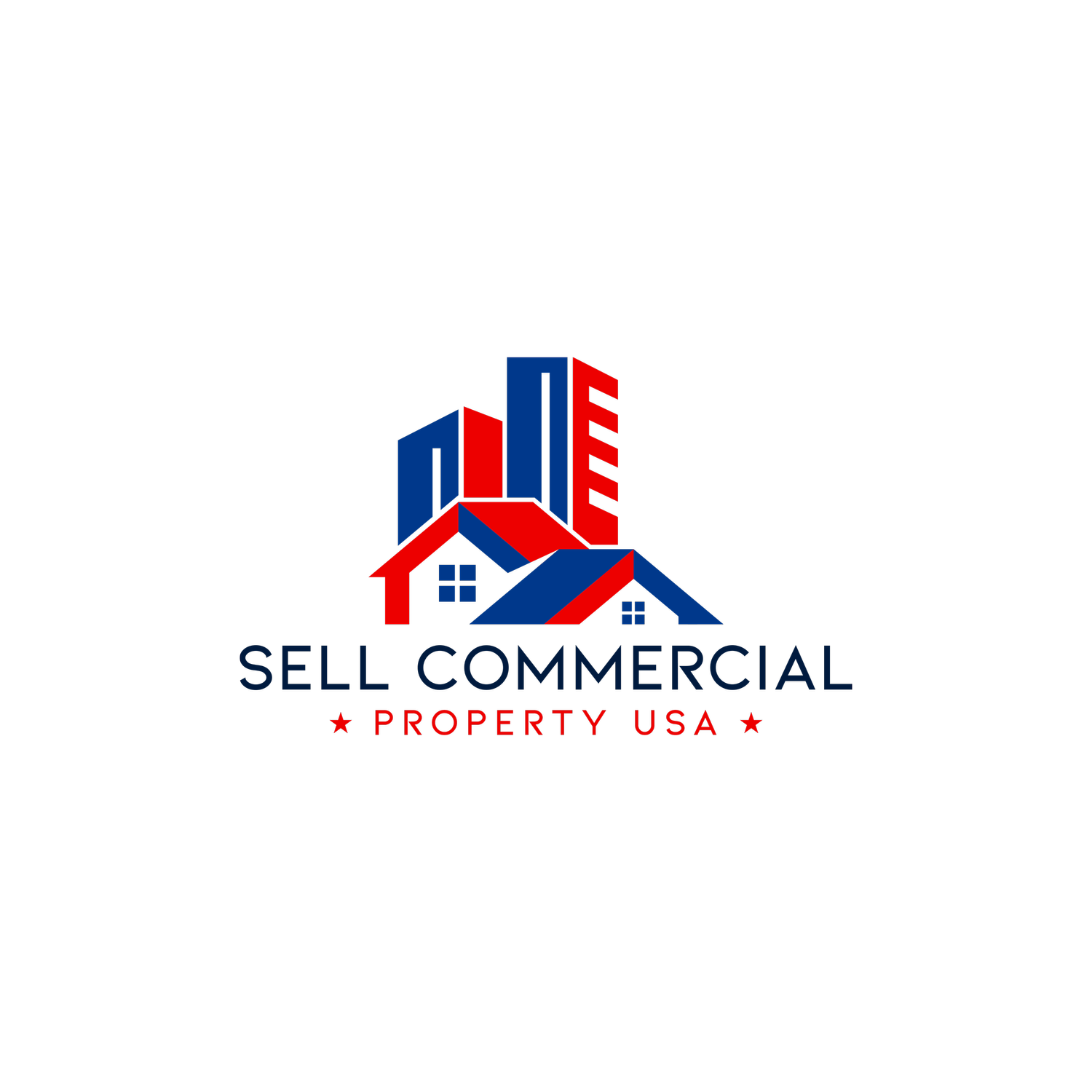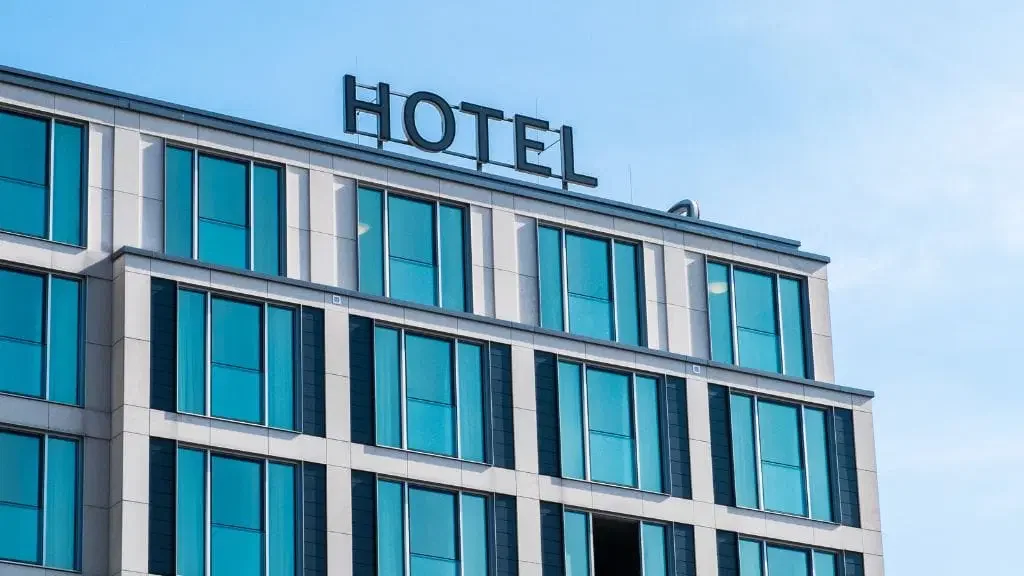How to Sell A Hotel: Tips and Strategies
Selling a hotel is a major business decision that requires careful planning, financial transparency, and a solid understanding of the hotel property market. From evaluating your hotel’s true worth to closing the deal with the right buyer, every step plays a crucial role in securing a profitable sale.
By combining smart financial preparation, targeted marketing, and strategic negotiations, hotel owners can streamline the process and maximize returns.
Understanding the Hotel Property Market
The hotel property market is a dynamic segment of real estate, shaped by shifting consumer preferences and industry innovations. To sell a hotel successfully, owners must stay aware of current market trends that affect property value and buyer interest.
Key Industry Trends:
Rising demand for boutique and lifestyle hotels that offer personalized experiences.
Sustainability and eco-friendly practices that appeal to environmentally conscious travelers.
Technology integration, including smart systems and contactless check-ins, enhancing guest satisfaction.
Additionally, the digital age has transformed how hotels are marketed. With most buyers beginning their search online, an effective digital presence through hotel listing platforms and business-for-sale databases is essential.
Steps to Selling a Hotel
1. Evaluate Your Property
Assess your hotel’s market value by considering location, financial performance, condition, and industry trends. This evaluation helps you set a competitive asking price.
2. Organize Financial Records
Prepare transparent financial documents, including profit and loss statements, cash flow reports, and capital improvement records. Clear financials build buyer confidence.
3. Boost Your Hotel’s Appeal
Small improvements—renovations, curb appeal upgrades, or updated furnishings—can significantly increase buyer interest and perceived value.
4. Select the Right Broker
Partner with a commercial real estate broker experienced in hotel transactions. Their connections and expertise help you reach qualified buyers faster.
5. Market Effectively
Use a blend of online listings, social media promotions, industry trade publications, and direct investor networks to maximize exposure.
6. Negotiate and Close
Respond strategically to offers, balancing price expectations with flexible terms when necessary. Work with legal and financial advisors to ensure a smooth closing process.
Preparing Your Hotel for Sale
Financial Preparation
Buyers want proof of profitability. Provide detailed financial statements and evidence of upgrades or improvements to support your asking price.
Enhancing Property Appeal
Consider upgrading rooms, modernizing technology, and improving shared spaces. Additionally, invest in professional photography and virtual tours to strengthen your hotel’s online profile.
Hotel Valuation Methods
Setting the right price is one of the most critical steps in selling a hotel. Common methods include:
Income Capitalization Approach – Value based on projected income and operating costs.
Market Comparison Approach – Comparing recent sales of similar hotels.
Cost Approach – Evaluating replacement cost minus depreciation, useful for newer properties.
Valuation should also include both tangible assets (land, building, furnishings) and intangible assets (brand reputation, guest loyalty, online presence).
Marketing Your Hotel to Buyers
Leverage Online Hotel Listing Services: High-quality photos, engaging descriptions, and property highlights attract serious buyers.
Target the Right Buyers: Luxury hotels appeal to large investors, while boutique hotels may attract independent buyers.
Use Offline Strategies: Industry events, trade shows, and hospitality networks expand your reach.
Timeline for Selling a Hotel
The time it takes to sell a hotel varies:
Smaller hotels may sell in 3–6 months.
Luxury or specialized hotels may take a year or longer.
Factors affecting the timeline include market conditions, pricing strategy, property location, and marketing reach.
Legal and Regulatory Considerations
Selling a hotel requires compliance with zoning laws, operating permits, health and safety regulations, and staff contracts. Working with legal experts ensures a seamless transfer of ownership and avoids costly disputes.
Finalizing the Sale
The closing process includes:
Signing the sale agreement and transfer documents.
Completing due diligence.
Securing financing approval for the buyer.
Transitioning operations smoothly to maintain staff and guest satisfaction.
Future Trends in Hotel Sales
Looking ahead, sustainability, technology adoption, and wellness-focused hospitality are driving hotel buyer preferences. Sellers who highlight eco-friendly practices, smart upgrades, and unique guest experiences will stand out in the market.
Conclusion
Selling a hotel successfully requires thorough preparation, strong marketing, and expert guidance. By staying on top of market trends, presenting accurate financial records, and promoting your hotel’s unique appeal, you can sell faster, attract qualified buyers, and achieve the best possible price.
Whether you’re a boutique hotel owner or managing a large resort, the right strategy ensures a profitable and smooth transaction.

